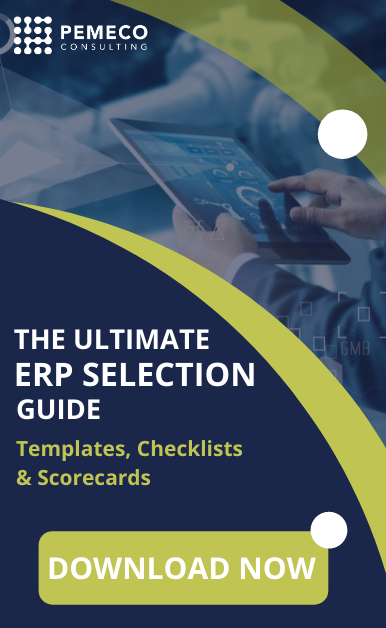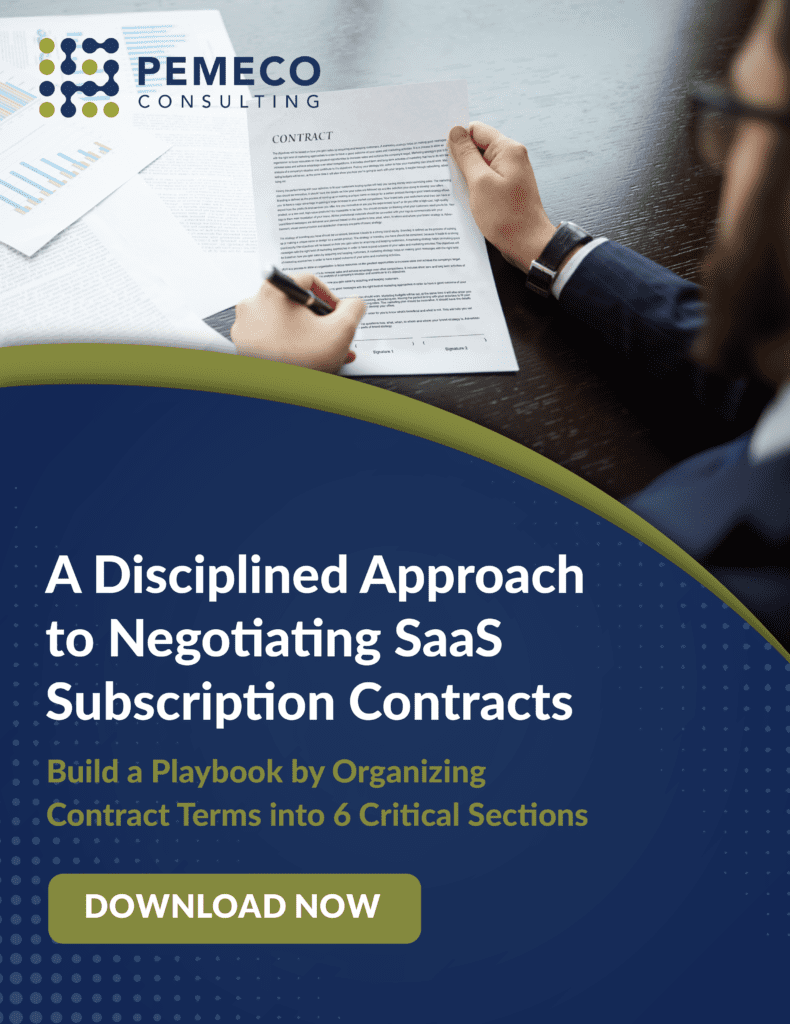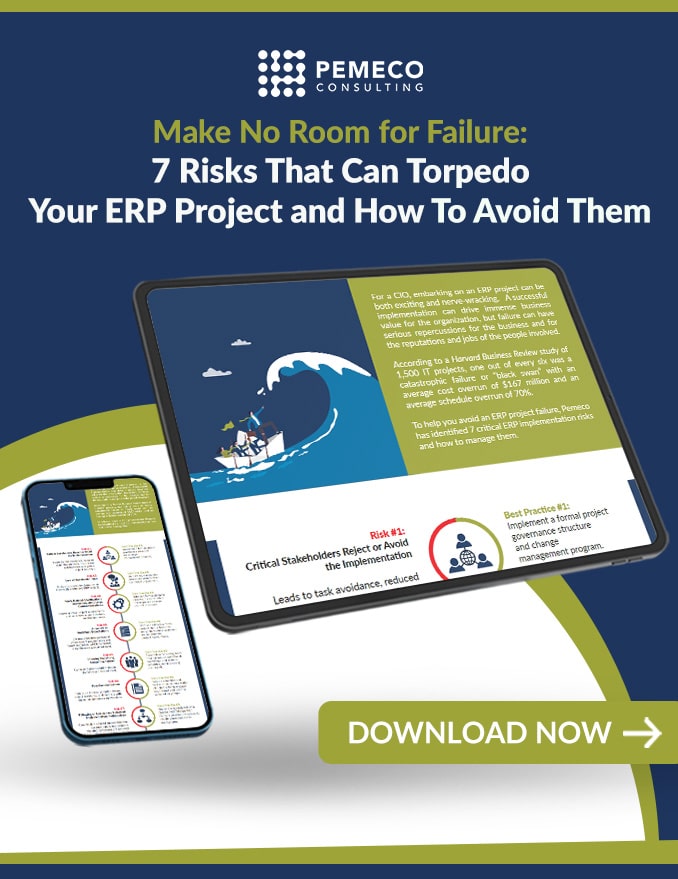Mainstream support for SAP Business Suite 7 will end on December 31, 2027, with extended maintenance offered until 2030 at a premium. As with most software platforms that reach end of life, this presents significant challenges to CIOs and IT managers worldwide.
Software vendors like SAP announce their software lifecycle well in advance to allow organizations ample time to plan. Now is the time to determine whether migrating to SAP S/4HANA is the right path or if an alternative ERP system better aligns with long-term business objectives. Given the complexity of ERP transitions, early preparation is critical to mitigating risks and ensuring business continuity.
Why Inaction Puts Your Business at Risk
Exposure to Potential Security Vulnerabilities
SAP Business Suite 7 will become increasingly vulnerable to cyber threats without regular security updates. Unsupported systems are prime targets for cybercriminals, as known vulnerabilities remain unpatched, increasing the risk of data breaches, operational disruptions, and financial loss.
While software vendors may occasionally release emergency patches for outdated systems, these are rare and typically deprioritized in favor of maintaining and improving current, supported versions. Organizations relying on unsupported ERP software must be prepared to manage security risks independently, often at a significantly higher cost.
Compliance Risks
Many industries require businesses to maintain up-to-date, secure systems to comply with regulations such as SOX, GDPR, and HIPAA. Companies using unsupported software face vulnerabilities that could compromise data integrity and compliance, leading to regulatory penalties and legal liabilities.
Limited Integration Capabilities
As enterprise technology advances, it becomes increasingly difficult to integrate legacy systems with modern solutions. Organizations still running SAP Business Suite 7 may struggle to adopt new digital capabilities, impacting efficiency and competitiveness.
For example, companies developing warehouse automation tools often design seamless integrations for modern ERPs like SAP S/4HANA. However, businesses on legacy platforms may require costly custom development to achieve similar functionality, making it harder to keep pace with evolving technology. While custom interfaces can bridge some gaps, they often come with higher costs and uncertain performance compared to native integrations.
Rising Maintenance Costs and Risk to Business Continuity
Maintaining an unsupported system often leads to increased costs. Businesses may need to invest in legacy infrastructure, engage third-party support at premium rates, or develop costly custom integrations to maintain functionality.
Strategic Steps to Mitigate ERP Transition Risks
- Start planning your migration early. Migrating to SAP S/4HANA or an alternative ERP solution requires significant time and resources. Organizations that start preparations now will be better positioned to execute a smooth transition with minimal business disruption.
- Reevaluate your business needs. This transition is an opportunity to assess whether SAP S/4HANA aligns with your long-term business objectives or if another ERP system may be a better fit. A thorough evaluation should consider functionality, scalability, and total cost of ownership.
- Collaborate with experienced consultants. Given the complexity of ERP transitions, engaging experienced advisors can help organizations navigate system selection and implementation. Leverage the expertise of independent consultants, such as Pemeco, to guide your ERP transition with proven methodologies, tailored strategies, and a focus on measurable business outcomes.
- Invest in training and change management. A successful transition requires more than technical implementation. Organizations must prepare teams for new business processes, provide comprehensive training, and drive user adoption to maximize the value of the new system. Proper training builds confidence and helps employees recognize the potential benefits of the new system. Engaging users in the process fosters a sense of ownership, making them active participants in driving improvements toward a more efficient future state.
Ensure a Smooth Transition from SAP Business suite 7 with Pemeco
Moving to SAP S/4HANA or another platform isn’t just a choice between upgrading and replacing—it’s an opportunity to future-proof your business, enhance operational efficiencies, and embrace cutting-edge technologies.
Navigating this transition can be complex and knowing where to start isn’t always clear. Pemeco has led over 800 major transformation projects with an unmatched track record of success. Our proven methodologies and expert consulting are second to none.
With the deadline fast approaching, now is the time to take action. Contact Pemeco to develop a structured, business-focused transition strategy tailored to your organization’s needs.




